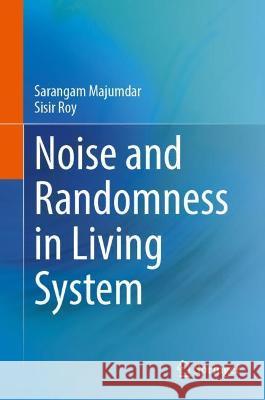Noise and Randomness in Living System » książka
topmenu
Noise and Randomness in Living System
ISBN-13: 9789811695827 / Angielski / Twarda / 2022 / 180 str.
Noise and Randomness in Living System
ISBN-13: 9789811695827 / Angielski / Twarda / 2022 / 180 str.
cena 605,23
(netto: 576,41 VAT: 5%)
Najniższa cena z 30 dni: 578,30
(netto: 576,41 VAT: 5%)
Najniższa cena z 30 dni: 578,30
Termin realizacji zamówienia:
ok. 16-18 dni roboczych.
ok. 16-18 dni roboczych.
Darmowa dostawa!
Kategorie BISAC:
Wydawca:
Springer
Język:
Angielski
ISBN-13:
9789811695827
Rok wydania:
2022
Ilość stron:
180
Waga:
0.43 kg
Wymiary:
23.39 x 15.6 x 1.12
Oprawa:
Twarda
Wolumenów:
01
Dodatkowe informacje:
Wydanie ilustrowane











